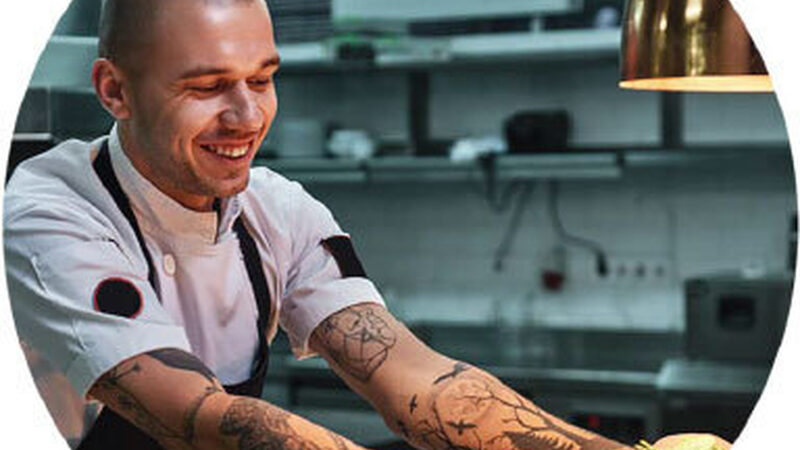News
May 27, 2021
Labor Shortage Solutions Part II: Training - Skills Development

By Andy Cook, Restaurant Consultant with Derek Bugge, Chef Consultant,
Harbor Foodservice Restaurant Solutions Group
Committing and creating opportunities for knowledge and skill development is a best practice is “normal” times… under these circumstances it’s vital.
Preparing activities and making resources available that promotes continuous skill development can be accomplished with little effort. Doing so with the intention of helping to backfill what may have been missed during express training and extending it to all staff to help refresh skill drain from quarantine will help you rebound faster.
Statistic on turnover and retention clearly show that the more knowledgeable and prepared an employee is, the more productive they are and the longer they’ll stay on a job.
Shared Learning Dynamics
Forcing lessons, tests, and ambush quizzes don’t have proven long-term benefits, even when it inspires preparedness, it hurts moral and culture. The businesses that commit themselves to continuous learning and do it regularly and well swear by group and collaborative learning dynamics. Here are some techniques you can implement in a restaurant right away with almost no effort:
Cross & Side Training: Simply put, provide small opportunities for staff to experience other positions or sides of the restaurant. Have a server cook a dish with a cook, or, after the line has caught up on a turn, put a clean apron on a cook and have them to table checks (especially to check up on a heavily modified order).
Mining the Guest: encourage your servers to inquire for product insights from their guests. “Why do you like that beer with your Halibut & Chips?” or “Why are you interested in lowland scotch?” Their responses can be coopted and used with other guests.
Watercooler: When you see a group of servers gathered, call one out with a question; “You turn tables faster than anyone I’ve ever seen, what’s your secret?” their response will be heard and considered by all ears and more readily accepted than announcing that everyone needs to turn tables faster.
When you have a cross positional gathering, ask a cook “What’s your favorite menu item to cook and why?” follow it up with “How do you modify it?” the cook ears will draw in insights, the servers can use it with their guests; “Derek LOVES making the pulled pork taco appetizer, he adds a layer of slaw to give it a nice crunch”
Gamify Learning
Competitions can be effective but can also demotivate all but the top performers, not to mention leaving out whole positions. Gamifying opportunities with small rewards are proven to increase participation.
If you’ve never heard of it, Kahoot! is a fun online multiple-choice game that you can easily design. It can be accessed for free, and participants can play anonymously or by name.
Posting key numbers such as labor, food, or liquor costs with a challenge to improve with a reward (that makes it worth the effort) activates a competitive spirit that isn’t aimed at each other.
Be Transparent
Open book management, sharing some or all of the restaurant’s financial realities make staff more conscientious and helps them to start acting with a sense of ownership and has the added benefit of showing or suggesting the razor thin profit margins of our industry. This helps to dispel the notion that you’re a mustache twirling villain fueling your yacht with the corpses of the downtrodden workforce.
Outside Training
Finally, there are several accredited sources of industry and positional training courses you can access in the spirit of investing in your staff. Here are just a few:
ServSafe Manager will essentially elevate a health card holder to a health inspector.
American Culinary Federation has a healthy library of trainings for BOH including online courses
ManageFirst will provide training and education in the core competencies of restaurant management
ServSuccess is a series of micro courses that help prepare employees to transition from one position to another. They’re short, online lessons that come with accreditation certificates.
The information, insights, resources, and ideas shared are intended to be motivational. The real value comes when new ideas and aha moments are aimed at a goal and powered by a plan. I LOVE my career as a Restaurant Consultant with Harbor Foodservice, if I can help you or your team personalize any of these ideas, I’d welcome the experience with you.
Contact Andy Cook: andy.cook@harborfoodservice.com


